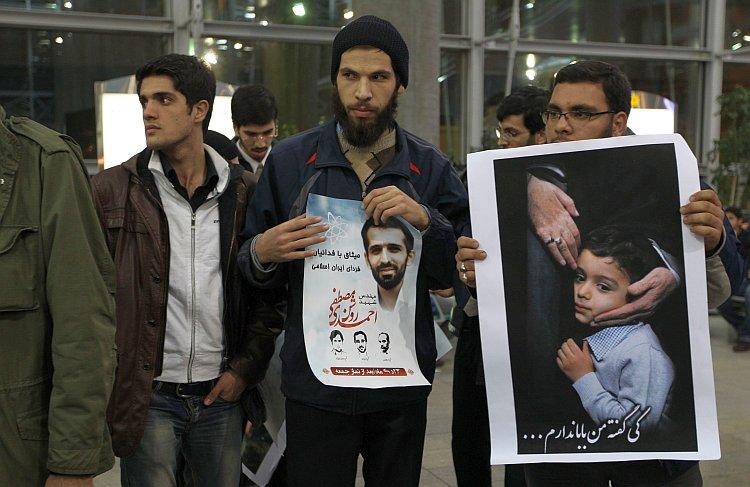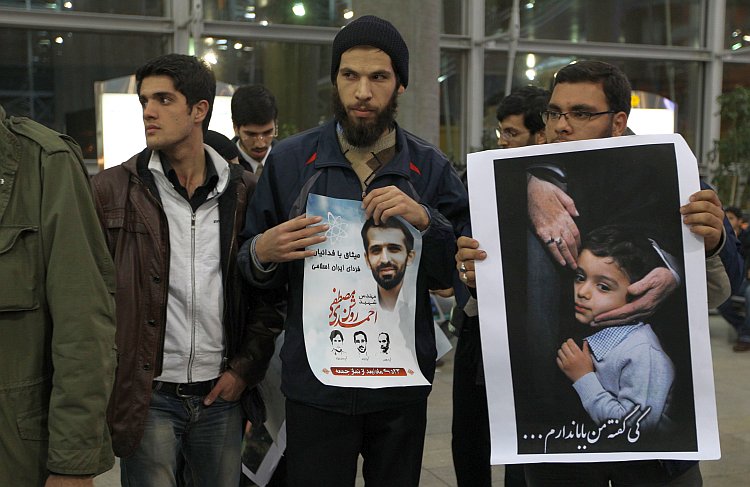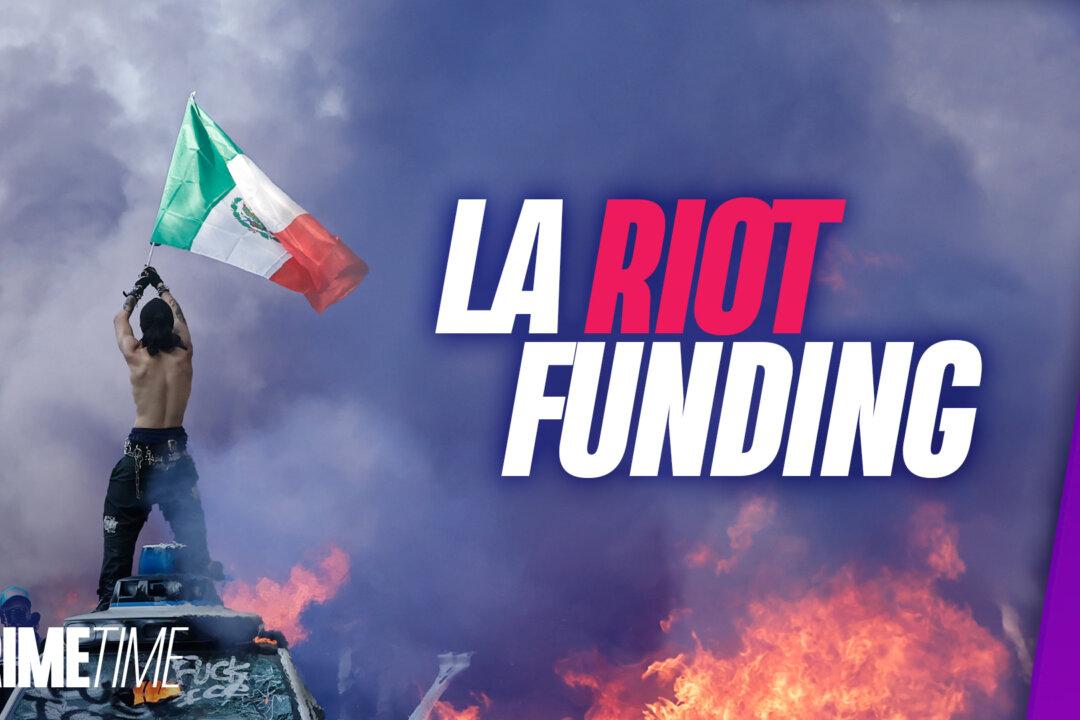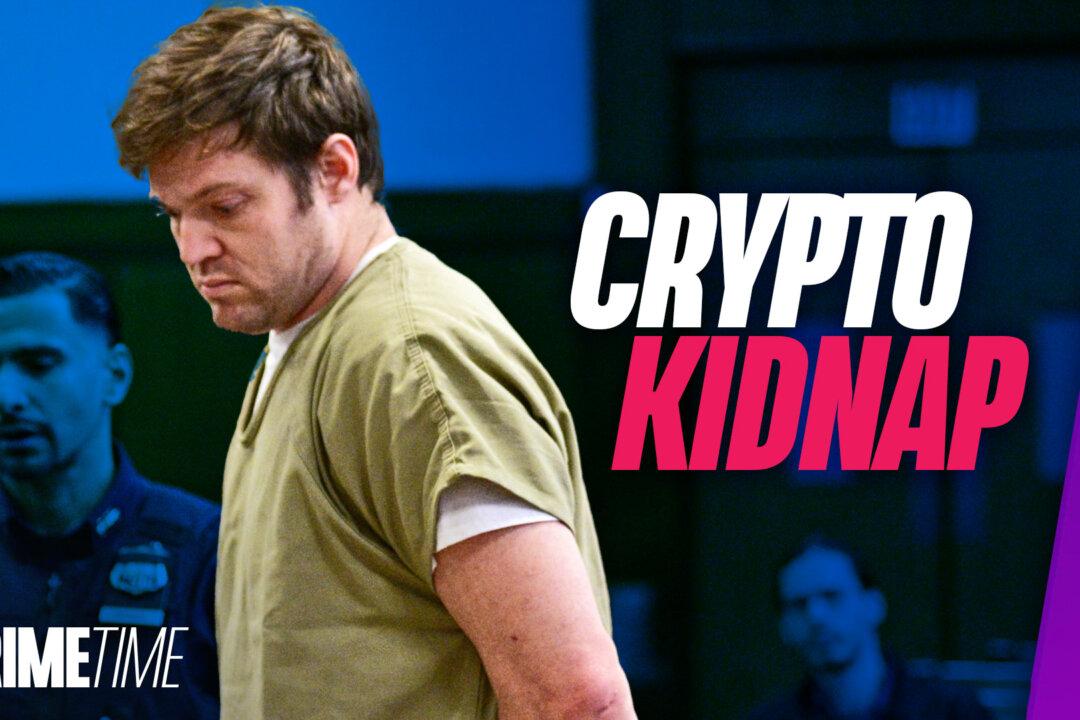A day after an international fact-finding mission arrived in Tehran to assess whether Iran’s nuclear program has a military dimension, Iran’s Foreign minister said the three-day mission could be extended, if requested, in a seemingly cooperative gesture.
Foreign Minister Ali Akbar Salehi said that the inspectors from the International Atomic Energy Agency (IAEA), known as the “U.N.’s nuclear watchdog,” will have access to whatever sites they wish, Iran’s IRNA news agency reported on Monday.
The visit is especially significant as the first since the IAEA’s report last November stating that Iran had carried out activities “relevant to the development of a nuclear explosive device.”
Tensions are also particularly high after the recent assassination of Iranian nuclear scientist Mostafa Ahmadi Roshan. Iran blamed the United States and Israel, as did the Iranians who swelled the streets. The United States condemned the assassination in an official statement, while Israel was more circumspect.
When the inspectors arrived at the Tehran airport on Sunday, they were met by what The Guardian described as “a dozen Iranian hard-liners carrying photos of slain nuclear expert Mostafa Ahmadi Roshan.” Security officials quickly moved the group to avoid a scene.
‘Nuclear Hedging’
On Sunday night, U.S. Defense Minister Leon Panetta said that analysts believe that Iran could have the ability to develop a nuclear weapon within a year.
“If they proceed and we get intelligence that they are proceeding with developing a nuclear weapon, then we will take whatever steps are necessary to stop them,” he told CBS’s 60 Minutes.
It’s thought that Iran’s strategy is “nuclear hedging,” which involves taking all the necessary steps to develop the capacity to build a nuclear weapon if that decision is made, but doing it under the guise of a civilian program.
In an analysis published earlier this month by the Institute for Science and International Security (ISIS), the authors enumerate the “lengths [to which] Iran has gone to … conceal major elements of its enrichment program.” These include several previously undeclared enrichment facilities, and developing a program to enrich uranium to higher levels.
Iran has been stockpiling this material, which would give it enough standby fuel to quickly take up building nuclear weapons, say the report’s authors, which include ISIS president David Albright, a top expert in secret nuclear weapons programs.
While there is no evidence that Iran has built a weapon yet, the authors argue that, as Iran gets closer to that point, the urgency is increasing to find a peaceful solution.
“It is unwise to measure this level of urgency by relying on the fact that there remains no evidence that Iran has taken the last step to actually construct a nuclear explosive device,” says the report “Reality Check: Shorter and Shorter Timeframe if Iran Decides to Make Nuclear Weapons.”
“Eschewing strengthened non-military options in the form of pressure and sanctions ignores this shortening timeline and makes it more likely that Iran will progress in its hedging strategy, augmenting the chance for armed conflict,” says the report.
Last week, the European Union agreed to cut oil imports from Iran, but only by July 1, to help member countries find alternative sources of oil.
The Iranian Parliament is due to debate whether oil exports could be cut almost immediately, in order to retaliate against the sanctions.
On Monday, Rostam Qasemi, Iran’s oil minister, told IRNA: “Soon we will cut exporting oil to some countries.” He did not say to which countries and when the cuts would take place.
In the meantime, the United States is deeply worried that Israel is considering attacking Iran and Washington has been quietly lobbying Jerusalem not to push the envelope.
Whatever the inspectors find and report, then, it can be expected to have the highest political repercussions.







